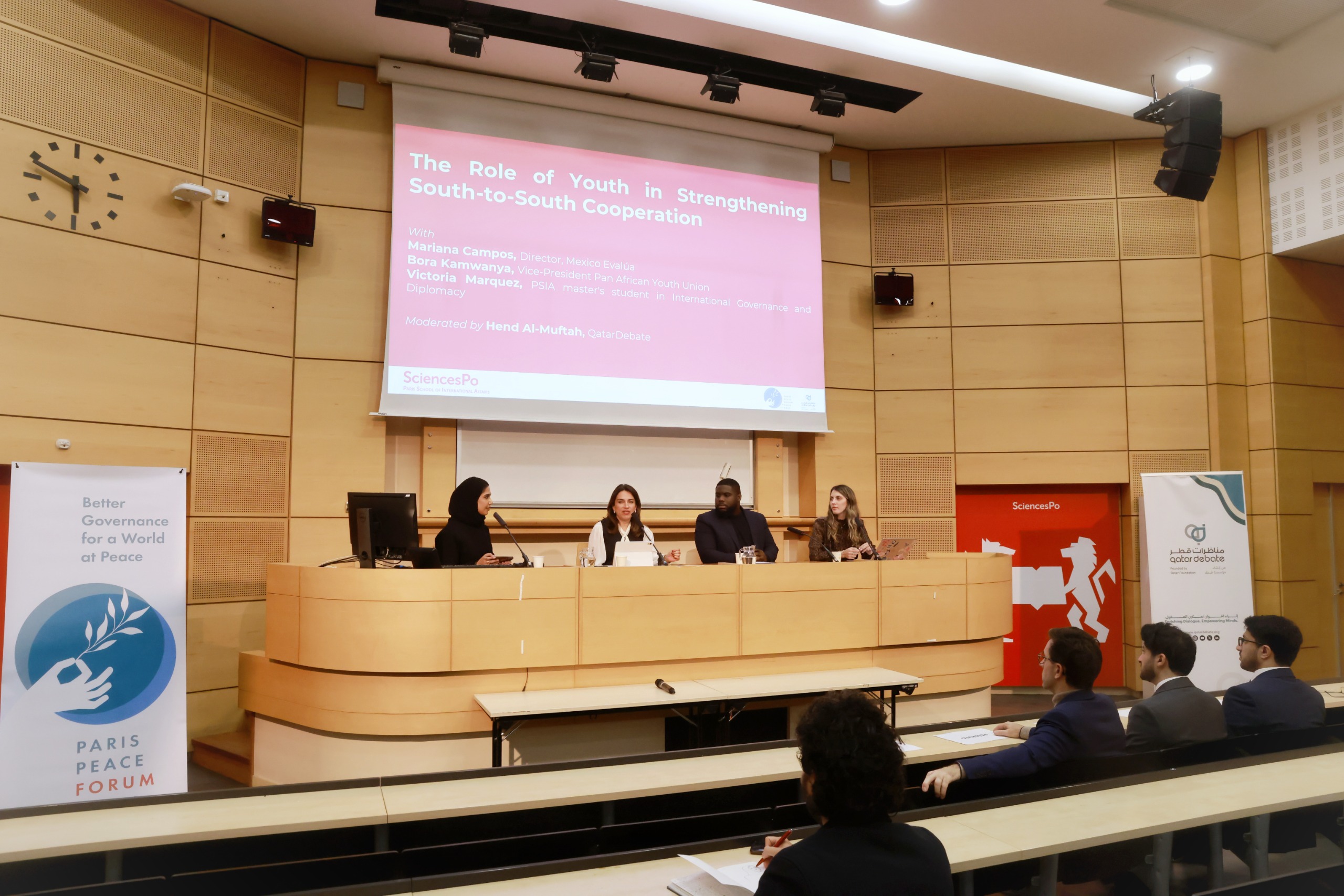Mutated strains of Covid-19 as well as an increase in family visits have caused a significant increase of infections among children in Qatar.
Children in Qatar accounted for 13% of national Covid-19 infections last week, as the country continues to grapple with a more severe second wave caused by new strains of the virus, health authorities told Doha News.
New strains spreading in Qatar are now affecting more younger people under the age of 18 than previously seen during the first wave of the virus, the Head of Vaccination at Ministry of Public Health (MoPH) Dr. Soha Al Bayat, told Doha News.
“There has been a clear increase in cases among children during the past month since all school classes were moved to online lessons. Our surveillance and track and trace teams have found that a large number of cases among children are due to parents not adhering to the latest government restrictions and precautionary measures – including avoiding gatherings, mask wearing, hand washing and social distancing,” Dr Al Bayat said.
Al Bayat noted that there are many cases of children gathering with other children from outside their family, which is currently not permitted under Covid-19 restrictions – and increases the risk of rapid spread of the virus.
“While the risk of severe complications for children with Covid-19 remains low compared to older people, this does not mean that children are immune from becoming sick from the virus. It is important to be aware that with higher rates of infection among children, there is an increased risk of children passing on the virus to their elderly and more vulnerable relatives,” said Al Bayat.
The UK and South African strains have proven to be more severe and transmissible than last year’s strain, the health official said, confirming “this second wave poses a greater threat to children than the first wave”.
Over the past month, the number of intensive care admissions has risen sharply, with more people in the ICU during this second wave, and consequently more deaths, than the first wave.
“We all have a responsibility to play our part in getting through this pandemic and we must work together to ensure that we suppress the spread of the virus through our collective actions,” added Al Bayat.
While age remains the biggest risk factor for severe Covid-19 symptoms, there has been an increase in deaths of people in their 40s and 50s, compared to last year when the pandemic first hit.
The majority of deaths, however, remain among those over the age of 60.
However, there has been promising news concerning Qatar’s national inoculation programme. More than 1,270,000 doses have been administered and the drive is currently administering 160,000 doses a week. 1 in 3 adults have already received at least one dose.
Both the Moderna and Pfizer vaccines have shown very high efficacy rates, with clinical trials showing them to be around 95% effective at preventing symptomatic infection with all strains of the virus.
Read also: Qatar reaches 400 Covid-19 deaths
“Additionally, we are now seeing very encouraging evidence here in Qatar of the protective effects of the vaccines for fully vaccinated people,” added al Bayat.
Our own data here in Qatar shows that within the over 60s age group, non-vaccinated people are 40 times more likely to be admitted to ICU than those who are fully vaccinated”.
Follow Doha News on Twitter, Instagram, Facebook and Youtube







